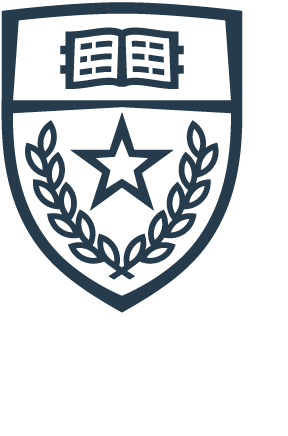Submitted by Karthik Bala on

Starting tasks intimidates me. The conflicting goals of wanting to do a good job and wanting to be done as soon as possible often give rise to procrastination. I'm far from a perfectionist, but the fears of going about something the wrong way or getting off to a poor start and having to re-start from scratch are paralyzing.
This flaw manifests itself the most in essays. I write at a snail’s pace. I stress out about each letter I type, about whether it's the best possible letter in that position, and take breaks every two sentences to pace around the room. If I'm the least bit tired, I'll take a highly undeserved indulgent break to "rejuvenate myself" like I just ran a marathon or something. It's awful, and it's tempting to put off awful things.
I used to think this mindset helped me. I thought that, in this manner, I'd be producing my best possible work. In reality, my essays were choppy and my breaks were extra and unnecessary. By taking breaks between every minuscule fragment of text, I wasn't allowing the big picture to be sketched out and I never allowed myself to sink into a deeper focus. After my first draft was finished, I'd read it, cringe at how awkward it sounded, and hit "submit" anyway, because repeating my arduous, stop-and-go, process of writing would be awful. Yeah, sure, we've been taught since elementary school that multiple drafts and a lengthy revision process are important, but that sounds like a lot of unnecessary work, who actually does that?
This fear of doing a bad job plagues me when programming as well. I'll spend hours researching best practices and previous examples before writing a single line of code. I'll over-engineer modular components that will never be reused in fear of not writing "beautiful code". When I finally finish a chunk of a program I was proud of, I'll realize I was going about it the wrong way or that the functionality was no longer needed.
In a more ridiculous way, the fear even affects my reading habits. I'll spend hours scouring book reviews, top 10 lists, and previews in search of the perfect book to read. I probably spend more time researching what book to read next than actually reading them. The worst part is that I picked up my now favorite book, How To Get Filthy Rich In Rising Asia, on a whim, without any research.
More subtly, it affects my studying. A common situation for me is this: I'll skip one too many lectures of a class and not really know what's going on. As the final exam approaches, I'll whip out the textbook and feel this immense sense of doom as I confront the sheer amount of material I don't know. I'll try to start, but my eyes will constantly flit to the sliver of scrollbar on the side of the PDF, still floating near the top of my monitor, a painful reminder of how much there's left to do and how little I've understood so far. I'll then close the textbook, jump into bed, and run mental calculations of how my life will be affected if I just OTE'd the class.
Last year, tired of making tasks way more painful than they needed to be, I lowered my standards. For writing, this meant vomiting onto paper my first ideas on a topic. It made it easier to start, as the expectation that the first draft was going to be awful alleviated the unnecessary pressure of doing my best the first time around. It made it easier to continue, as it didn't matter how tired I was, since the first draft was going to be awful anyway. It also allowed me to structure my thoughts without focusing on fluff. I'm not an artist, but I'm assuming this is why you see artists start with a sketch instead of sequentially completing portions of their drawing, to plan, to get the idea down. For programming, I was able to focus on the logic of my program instead of worrying about how to best approach creating a singleton factory for my triple callback wrapper. For reading, I lowered my standards for what I would start reading, and lowered my standards for putting a book down. I spent more time experimenting and experiencing and forming my own opinions on media and less time on unnecessary planning and researching. For studying, I lowered my standards of the grade I was aiming for. I'd tell myself I just wanted a 50% on the final, and just kinda learn the first half of the material, not stressing about things I didn't understand because, hey, how hard could getting an F possibly be. Starting is most of the battle, and once I'd gained some confidence with the material, I'd raise my standard to a C, and repeat the process.







